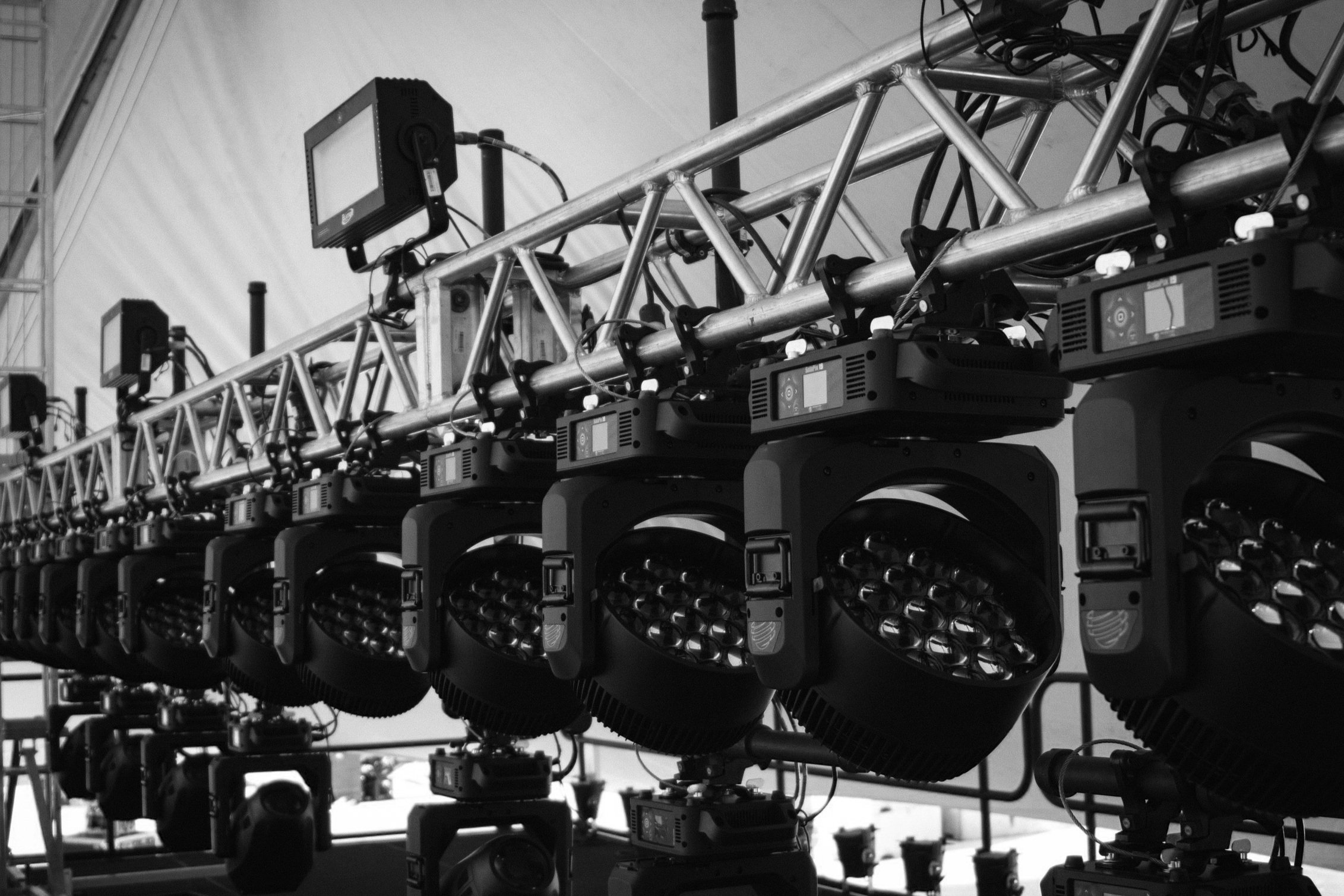
BLog
We want to share our knowledge and help you!
Basic EQ Techniques for Church Volunteers
In my decades of teaching churches to do audio better, I have heard a pretty good collection of misinformed ideas about how sound works, and nothing seems to attract more bad practices, confusion, and sheer guessing than channel EQ. It’s the most misunderstood part of mixing, and yet it’s one of the most vital components of a good mix. It’s also the hardest part of audio to teach because it relies on developing a critical ear that distinguishes between different frequencies and tonalities and understanding what instruments should sound like. That doesn’t happen in one session or overnight.
How Much Reverb is too Much?
What is reverb? If you’ve ever been in a large room, like a cathedral, you’ve heard naturally occurring reverb. Reverb is short for reverberation, which is a prolonging of a sound. Natural reverb occurs in rooms where the dry/original sound bounces off of surfaces in the room creating a cascade of reflections or echoes of the original that arrive at the listener at different times. The more times the sound bounces around, the more (and different) reflections are created as the energy dies out over time. The sound of the reverb is changed by bouncing off of different materials and surfaces with varying degrees of coarseness and absorption.
Gain Staging - the Missing key to a great mix
Without a doubt, the number one issue I find in venues is a lack of understanding of proper speaker placement, the second most common issue is a lack of understanding of gain staging and why it’s important. It’s the bedrock of a good mix and a critical component to avoiding a couple of other common issues.



